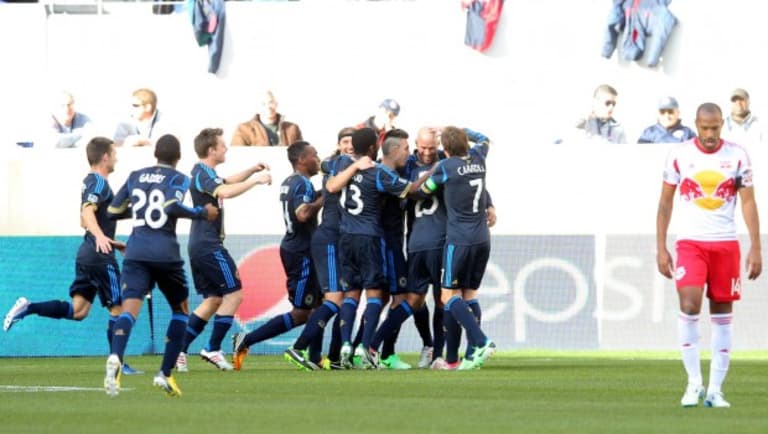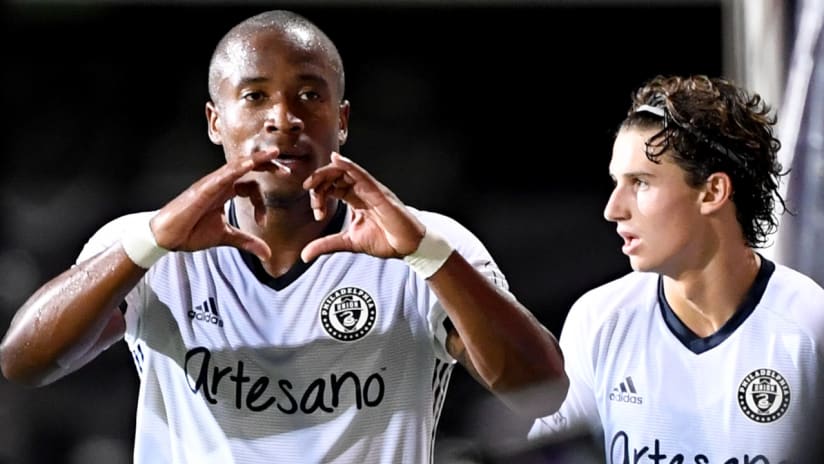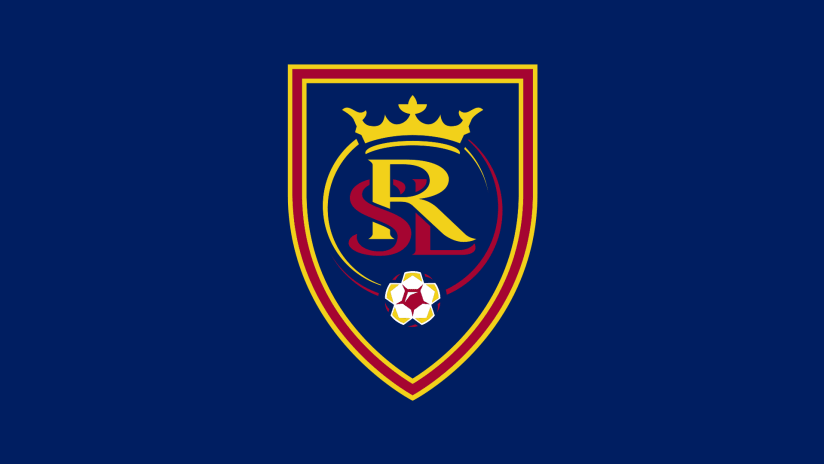How did the Philadelphia Union get here?
We’re talking about the MLS is Back Tournament semifinals, of course, and not only have they made it this far, they’re the statistical favorites, at least according to the famed number-crunchers at FiveThirtyEight.com.
Newcomers to MLS have probably grown accustomed to the DOOP squad being a team to be reckoned with. But you don’t have to be too old to remember when they were synonymous with frustration and recrimination. It was just over five years ago that Union fans held a pregame funeral for their own team’s season – IN MAY – complete with a coffin.
Here are four signposts on Philly’s journey from here to there.
Pick an identity, and stick with it
YSC Academy, the Union’s academy and affiliated high school, opened its doors in 2013, the first major step on the club’s path to becoming a leader in the “Play Your Kids” movement. Overseen by Union minority owner/investor Richie Graham, YSC is an ambitious effort to build a player development powerhouse like the best of Europe and South America without sacrificing North American culture’s traditional emphasis on education.
A framed version of the below photo, taken during a Philly vs. New York Red Bulls match earlier that year, hangs on the wall in YSC’s offices:

Thierry Henry, right, walks away after a Philadelphia Union goal | USA Today Sports
If you’re lucky enough to get Graham talking about his project, he’s likely to point to it and explain that the long-term vision is to build a homegrown team whose entire starting XI costs less to develop than that single Designated Player on the right – and can beat said DP’s team.
It took many years, quite a few losses on the pitch and no small amount of investment for this plan to germinate and bear fruit. But when you watch the likes of Brenden Aaronson and Mark McKenzie ball out, you’re witnessing that vision become reality.
Keep the faith
Jim Curtin has been Philly’s head coach since June of 2014, initially on an interim basis and full-time since November of that year. He’s experienced plenty of ups and downs in his tenure and he’d probably admit that he wasn’t quite ready for the gig when he first got it. He’s heard cheers, boos and some calls for his head along the way.
Amid so many other changes in Chester, the Union stuck with their coach. It probably helped that he’s a proud hometown boy and a genuinely good human being by all accounts, including my own. He also has a keen intellect and curious nature that helped him learn, adapt and evolve with time, and started his coaching career in the very academy that now comprises the club’s foundation.
Now he’s a proven leader, manager and tactician who’s shown himself to be ultimately worthy of the trust that was extended to him.
But import expertise as needed
The Philly front office has not always been a paragon of effectiveness, as the story around the aforementioned funeral underlines. In recent years they’ve made dramatic progress along these lines, and helped Curtin immeasurably by bringing in directors with the background and contacts to complement his skill set.
First Earnie Stewart hopped on board as sporting director in late 2015, bringing a detailed executive viewpoint from his previous gig at AZ Alkmaar in the Netherlands, as well as his own experiences as a US men’s national team icon.
When he was lured to Chicago by the U.S. Soccer Federation in 2018, the Union replaced him with Ernst Tanner, a standout spotter and nurturer of talent in the Red Bull system. Tanner has overseen Philly's rapid evolution into an aggressive, high-pressing side who can beat you both with the ball and without it.
His Rolodex appears to be pretty impressive, as based on under-the-radar, quality-meets-value signings from around the world like Kai Wagner, Jose “El Brujo” Martinez and Jamiro Monteiro.
A history of joy and pain in knockout competitions
Curtin has led the Union to three U.S. Open Cup finals, in 2014, 2015 and 2018. They lost all three in painful and demoralizing fashion. They didn’t win their first Audi MLS Cup Playoff match in franchise history until last fall.
Even though just one starter (unheralded right back Ray Gaddis) remains from the first Open Cup final, those experiences have become part of the club’s collective memory and I don’t think it’s hyperbole to say that their success at MLS is Back has been built on that legacy of heartache. Like the best teams in their region’s sporting history, Philly play with a chip on their shoulder, a hunger and urgency that recalls the past without being burdened by it.
They’re still looking for the big, definitive statement win, probably one that’s capped by a trophy hoist. Maybe then we’ll all be able to say that their journey has reached its destination, or at least its first stop.













